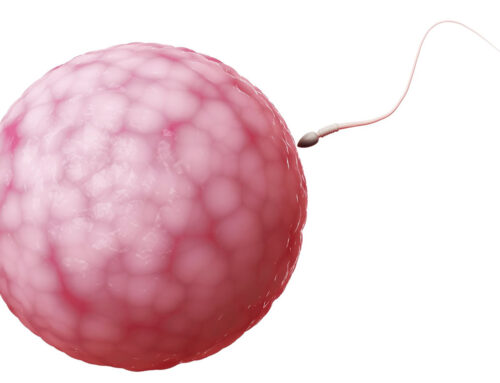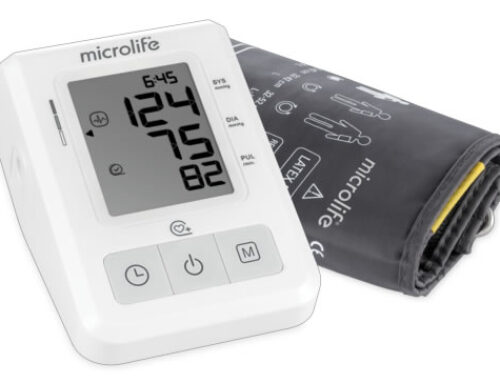World Kidney Day: Are Your Kidneys OK?
Detect early, protect kidney health
World Kidney Day, observed on 13th March 2025, serves as a global reminder of the importance of kidney health. This year’s theme, “Prioritising Early Detection for Healthy Kidneys,” emphasises the power of catching kidney issues early before they develop into more serious problems.
According to WKD, chronic kidney disease (CKD) is estimated to affect approximately 850 million people worldwide. If left undetected and not treated timely, CKD can progress to kidney failure, leading to severe complications and premature mortality. By 2040, CKD is projected to become the 5th leading cause of years of life lost, highlighting the urgent need for global strategies to combat kidney disease.
Major risk factors for kidney disease are:
- Diabetes: High blood sugar levels can damage the kidneys’ filtering system, leading to diabetic nephropathy. It is one of the leading causes of CKD.
- Hypertension: Elevated or high blood pressure puts extra strain on blood vessels, including those in the kidneys, reducing their ability to function properly.
- Cardiovascular disease: Heart and kidney health are closely linked. Heart conditions can impair kidney function and vice versa.
- Obesity: Excess body weight increases the risk of diabetes and hypertension, both major contributors to kidney disease.
- Family history of kidney disease: Genetic predisposition can increase your likelihood of developing kidney-related issues.
Other risks include:
- Acute kidney injury. For instance, sudden kidney failure due to severe dehydration, infections, or certain medications.
- Pregnancy-related kidney disease like preeclampsia.
- Autoimmune diseases such as systemic lupus erythematosus or vasculitis.
- Low birth weight or prematurely born babies may have underdeveloped kidneys, increasing their risk later in life.
- Blockages in the urinary tract.
- Frequent kidney stones.
- Birth defects affecting the kidneys or urinary tract.
What do kidney’s do?
Located on either side of the spine, just below the rib cage, each kidney is about the size of a fist yet plays a crucial role in overall well-being. The kidneys perform important functions that keep the body in balance, for example:
- Filtering waste and toxins: Kidneys filter blood removing waste and excess fluids to produce urine.
- Regulating blood pressure: They help control blood pressure by balancing fluid levels and releasing the hormone renin, that regulates blood vessel constriction.
- Balancing electrolytes: Kidneys maintain the right balance of essential minerals like sodium, potassium, and calcium, that are vital for muscle function and heart rhythm.
- Supporting red blood cell production: They release erythropoietin, a hormone that signals the bone marrow to produce red blood cells.
- Maintaining bone health: By regulating levels of calcium and phosphate, kidneys play a role in keeping bones strong and healthy. It produces calcitriol. Calcitriol is a form of vitamin D that helps the body absorb calcium.
Detect early, protect kidney health
Kidney diseases are often called “silent killers” because they can progress without noticeable symptoms until significant damage has occurred. When kidneys are damaged or not working properly, waste and fluid can build up in the body, leading to serious health problems. This makes early detection crucial in preventing severe complications and preserving kidney function.
Recognising risk factors is the first step toward proactive kidney care. Regular kidney screenings can help to catch potential problems early. Simple, non-invasive, and cost-effective tests for high-risk populations include:
- Blood pressure measurements to check for hypertension.
- Body Mass Index (BMI), which is an estimation of body fat based on height and weight.
- Urine tests. For example, measuring the albumin in the urine to assess kidney damage.
- Blood tests such as: Glycosylated haemoglobin or fasting or random glucose to check for type 2 diabetes. Serum creatinine to estimate Glomerular Filtration Rate (eGFR) measuring how well the kidneys are filtering waste from blood.
Preventive measures to protect kidney health
- Stay hydrated: Drinking enough water helps your kidneys efficiently filter waste and toxins. Aim for about 2-3 litres daily, but adjust based on activity levels and climate.
- Eat a balanced diet: Focus on a balanced diet rich in fruits, vegetables, whole grains, and lean proteins. Reduce salt intake to help control blood pressure, and limit processed foods high in sugar and unhealthy fats.
- Exercise regularly: Engaging in moderate physical activity for at least 30 minutes most days of the week helps regulate blood pressure, maintain a healthy weight, and support overall kidney health.






